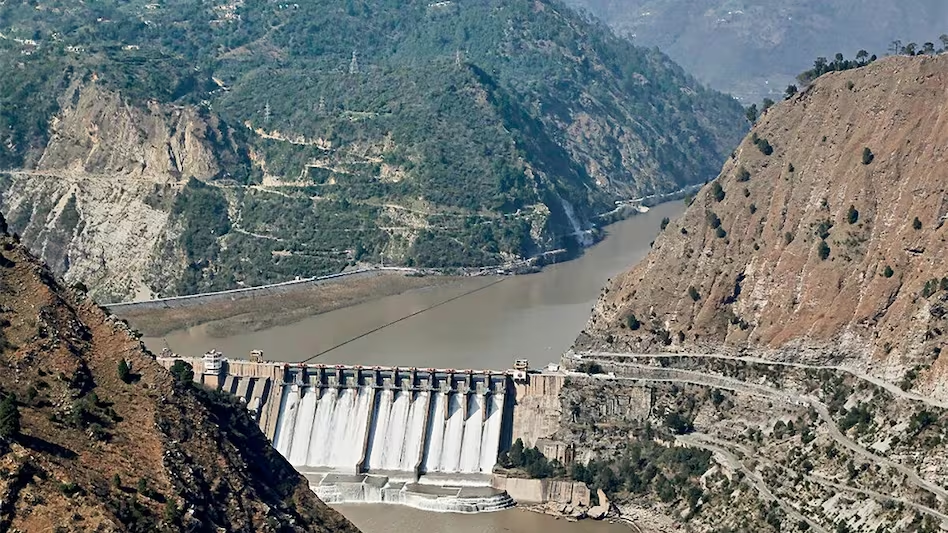New Delhi/Islamabad, June 22: India will not restore the Indus Waters Treaty (IWT) with Pakistan and intends to divert water previously flowing into the neighbouring country to its own drought-prone regions, Home Minister Amit Shah said in an interview published Saturday, triggering a strong rebuke from Islamabad.
“The treaty will never be restored,” Shah told an English daily. “We will take the water that was flowing to Pakistan to Rajasthan by constructing a canal. Pakistan will be starved of water that it has been getting unjustifiably.”
Signed in 1960 and brokered by the World Bank, the Indus Waters Treaty governs the use of six rivers shared between the two countries. It grants Pakistan access to the waters of the Indus, Jhelum, and Chenab rivers, which originate in India, and accounts for irrigation of nearly 80% of Pakistan’s farmland.
Shah’s remarks follow the deadly April 22 Pahalgam terror attack in Kashmir, in which 25 Indian tourists and a local pony operator were killed. In response, India put the treaty “in abeyance” and has since pursued retaliatory and policy shifts, despite a ceasefire agreement reached last month following four days of the worst fighting between the nuclear-armed rivals in decades.
Pakistan’s Foreign Ministry called Shah’s statement a “reckless and dangerous precedent” that “undermines the credibility of international agreements.”
“The Indus Waters Treaty is not a political arrangement, but an international treaty with no provision for unilateral action,” the ministry said in a statement. “India’s illegal announcement constitutes a clear violation of international laws, the provisions of the treaty itself, and the fundamental principles governing inter-state relations.”
Islamabad accused New Delhi of “weaponising water for political ends,” and warned that it would take “all necessary measures” to protect its legal rights under the treaty.
“India must immediately rescind its unilateral and unlawful stance, and restore full and unhindered implementation of the Indus Waters Treaty,” the ministry said.
Though the IWT has survived three wars between the two countries and is widely regarded as one of the most durable water-sharing agreements in the world, recent tensions have exposed growing fault lines. India has increasingly questioned the treaty’s fairness in recent years, especially in light of ongoing cross-border terrorism.
There was no immediate comment from the Ministry of External Affairs in New Delhi on Pakistan’s statement.
Analysts warn that India’s move could trigger a broader diplomatic and legal standoff. Any withdrawal from the treaty could also raise concerns among other countries with transboundary water-sharing arrangements.
